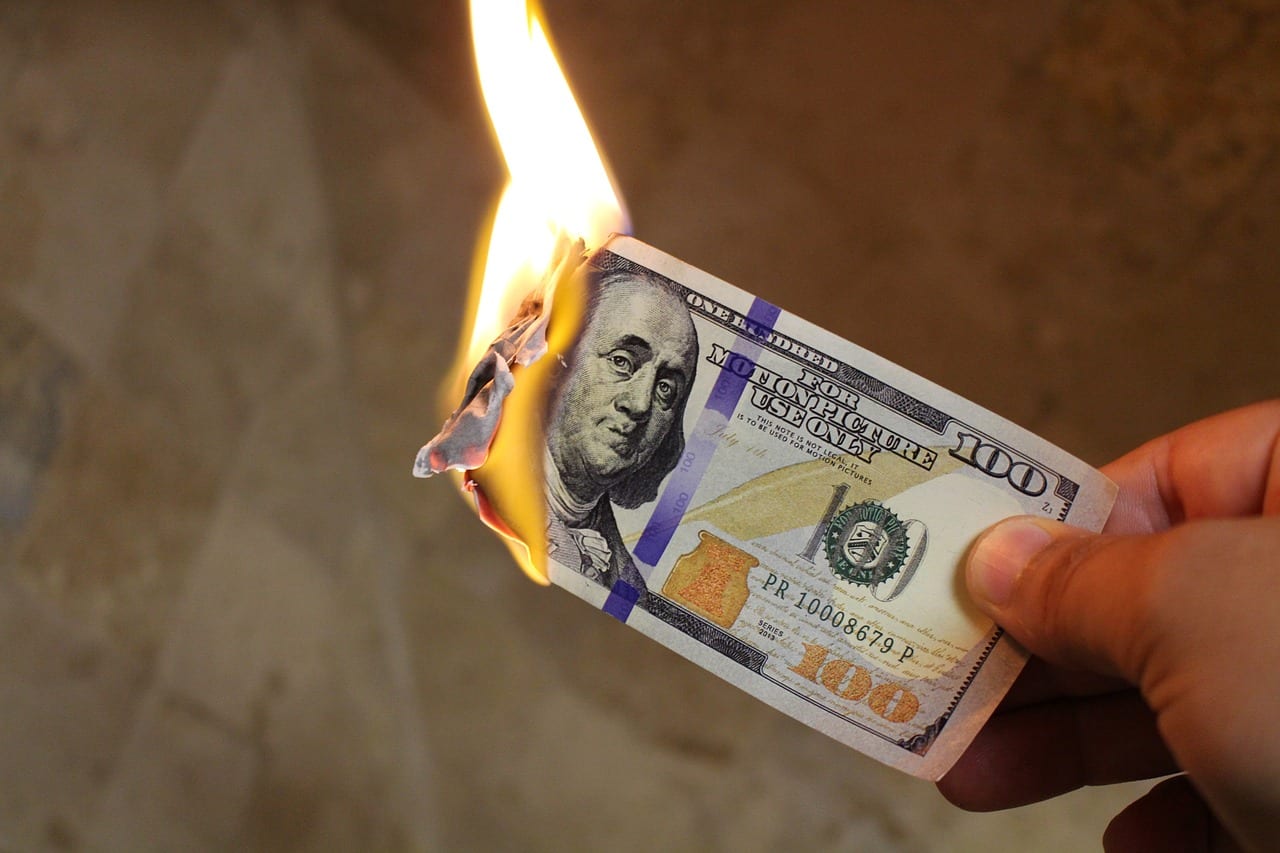A Consumer Finance Protection Bureau rule demanding payday lenders determine whether a borrower can actually repay a payday loan before taking one out may be on its way out the door before it ever takes effect. The rule also would have put limits on the number of times a payday lender could debit a customer’s bank account before they would have to seek reauthorization.
The rule never took effect because the former director delayed it.
Now, under new direction, the CFPB is now taking a serious look at rescinding the rule. Proponents of rescinding the rule say there isn’t enough evidence to suggest payday lenders are truly abusive.
The most dangerous form of debt.
While payday lending might not necessarily be abusive, it is certainly the most dangerous form of debt. It is, in fact, downright caustic in a way credit card debt will never be.
300% APR
If you thought that 26.5% APR was bad, just think what a 300% APR could do to your life. And that’s typical for a payday loan. Some can get as high as 662%. Customers put up with it because they anticipate paying the loan back in two weeks, so the actual dollar-amount paid in interest tends to be very small.
But most Americans don’t pay the loan back in two weeks. They end up needing their paycheck when it comes in, so they roll the loan another month. Statistics show most customers take out 8 to 10 payday loans before they get the loan paid off.
So you might pay $73 on a $300 loan thinking “Well, I’ll only have to pay this the once.” But to roll the loan, they’ll have to pay another $73. Roll that loan 10 times, and you’ve paid $730 on a $300 loan…$1,030 in total. And that is, of course, exactly what many payday lenders want you to do.
See also: In the News, 1 in 3 Americans Overburdened by Credit Card Debt.
Post-Dated Checks
Nearly every payday lender engages in the practice of having the customer write a post-dated check to ensure they’ll pay the loan back. This is dangerous for quite a few reasons.
But, there’s no legal obligation for any entity to honor the post date. The payday lender can in fact try to cash in whenever it wants. This can result in a bank account that’s completely drained and in the red even on payday as bounced check fees begin to mount.
It’s not hard to see why most payday loans eventually go into default.
See also: How Long Will It Take You To Pay Off Your Credit Card Debt?
The Disingenuous Argument
Payday lenders argue their services greatly benefit Americans who need short-term loans, especially those who “use the service properly” by paying the loan back when it’s due, rather than rolling over the loan.
They also warn payday loans should not be used to meet routine expenses, but that’s exactly what can happen when unbanked customers find their expenses overpowering their paychecks.
The industry also claims those who use payday loans often have no other alternatives. But alternatives, such as credit union loans, do exist. So do lending circles and pawn shop loans.
Feel Like You’re Out of Alternatives?
If you are in so much financial trouble you find yourself turning to payday loans on a regular basis you may be in financial danger that could be resolved through bankruptcy. The automatic stay stops evictions, foreclosures, utility shut-offs, and repossessions in their tracks. They also stop all payday loan collection efforts, giving you the breathing room you need to get back on your feet.
Most people wait too long to file. Don’t be one of them. The financial industry doesn’t seem to be looking out for consumers. That means you’re going to have to protect your own interests. If bankruptcy is the best way to do that you’re going to need a good attorney by your side. Consider taking advantage of one of our free consultations today.





